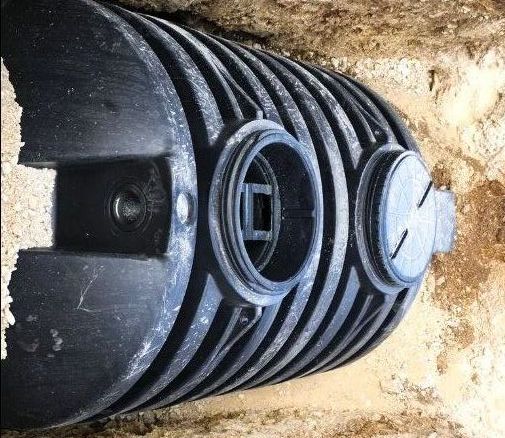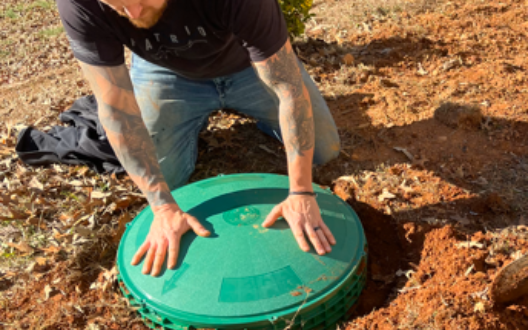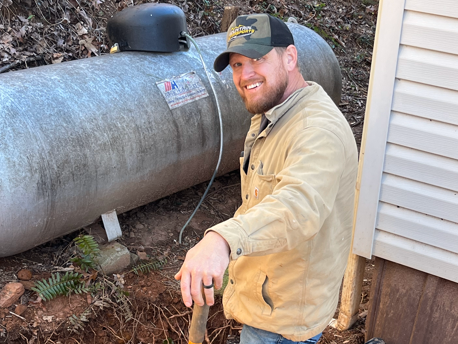
Maintaining your septic tank might not be the most glamorous home task, but doing it right can save you a lot of time, money, and headaches down the road. A well-cared-for septic system not only keeps your household running smoothly but also protects the environment and prevents messy emergencies. Whether you're a homeowner or a property manager, understanding the basics of septic tank maintenance and having professional septic solutions in place can make all the difference.
Why Septic Maintenance Matters
Your septic tank works hard behind the scenes, breaking down waste and keeping your property free of harmful bacteria and wastewater. However, neglecting regular upkeep can lead to serious problems like backups, bad odors, or even costly system failures. Here are four main benefits of staying on top of your septic maintenance:
- Prevention of Emergencies: Routine pumping and inspections help catch potential issues early, so you don’t wake up to a flooded yard.
- Cost Savings: Repairs and replacements can be expensive. Maintenance is an affordable way to avoid severe damage.
- Environmental Protection: A leaking or failing septic system can contaminate nearby water sources, harming plants, animals, and your community.
- Longer System Lifespan: With regular care, your septic system can last 20 to 30 years or more.
Signs Your Septic System Needs Attention
Even with the best preventive measures, every septic tank can show signs of strain over time. Here are a few red flags that indicate it’s time to call in the professionals:
- Slow Drains: If water is draining slowly in your sinks, toilets, or showers, it might be due to a clogged or overfilled tank.
- Pooling Water: Water collecting around your septic tank or drain field is a major warning sign of trouble.
- Strong Odors: Foul smells near the tank or drain field could mean your system isn’t processing waste properly.
- Lush Patches of Grass: While a green yard is generally a good thing, overly lush patches near your tank might mean the system is leaking.
If you notice any of these issues, don’t wait. Contact a professional like CleanWorks Septic to inspect your system and perform necessary repairs.
Best Practices for Septic Tank Maintenance
Having a maintenance plan in place can make managing your septic system much easier. Here are actionable tips to keep everything running smoothly:
1. Pump Your Tank Regularly
Schedule regular septic tank pumping every 3 to 5 years, depending on the size of your tank and household usage. This prevents solid waste from building up and clogging the system. Not sure about your pumping schedule? CleanWorks can help you establish a timeline based on your needs.
2. Be Mindful of What Goes Down the Drain
Protect your septic system by being selective about what you flush or pour down the drain:
- Avoid flushing paper towels, hygiene products, diapers, or “flushable” wipes.
- Minimize fats, oils, and grease in your kitchen sink as these can harden and clog pipes.
- Use Septic-Safe Products that break down safely without causing harm to your tank.
3. Conserve Water
Excessive water use can overwhelm your septic system. Try these tips to reduce your water usage:
- Fix leaky faucets and toilets.
- Use high-efficiency appliances and fixtures.
- Space out activities like laundry and dishwashing to avoid overloading the system.
4. Care for Your Drain Field
Your drain field plays an essential role in filtering wastewater, so treat it with care:
- Avoid parking vehicles or planting deep-rooted trees on or near the drain field.
- Redirect rain gutters and stormwater away from the area to prevent flooding.
5. Schedule Professional Inspections
While DIY tasks help, professional inspections are invaluable. CleanWorks Septic can:
- Detect early signs of wear or damage.
- Ensure your system meets local regulations and safety standards.
- Provide expert recommendations and solutions to maximize efficiency.
Why Choose CleanWorks for Septic Maintenance?
At CleanWorks Septic, we’ve been helping North Georgia homeowners and property managers maintain their septic systems for over 23 years. Our team understands the unique challenges of the region’s terrain and weather, providing tailored solutions for both residential and commercial properties.
What sets us apart:
- Emergency Services: Available 24/7 for unexpected septic problems.
- Local Expertise: We know North Georgia’s soil and drainage conditions like the back of our hand.
- Customer Care: Our goal is to build long-term relationships by delivering reliable, affordable service every time.
Whether you need routine service or immediate help, we’re here to keep your septic system in excellent shape.
Do You Need Septic Pumping and an Inspection?
Proper septic maintenance may seem like a small investment now, but it pays off big over time. Staying proactive prevents costly repairs, protects your home, and makes sure your system operates smoothly for years to come. And remember, CleanWorks Septic is just a call away to assist with all your septic needs in North Georgia.
Got questions or need a professional inspection?
Contact us today for a free quote, and we’ll help you tackle septic maintenance with ease. Don’t wait until it’s too late – your septic system will thank you!
Frequently Asked Questions
What happens if I skip septic maintenance?
If septic maintenance is neglected, several issues can arise over time, both minor and severe. Without regular pumping, solid waste accumulates in the tank, leaving less room for wastewater to separate properly. This can lead to clogs, unpleasant odors, and even messy backups into your home or yard. Over time, an overburdened system may cause permanent damage to the tank or drain field, which would require expensive repairs or replacement. Regular maintenance is essential to keep your system functioning efficiently and to avoid unexpected (and costly) emergencies.
How do I know if my tank is the right size for my household?
The size of your septic tank depends on factors like the number of people in your household, water usage habits, and the size of your property. If your tank is too small, it can fill up too quickly, leading to frequent pumping needs and a greater risk of system failure. A professional inspection can help determine if your current tank is the right fit for your needs. At CleanWorks Septic, we can assess your household's requirements and recommend solutions to help your septic system be properly equipped to handle your daily usage.



